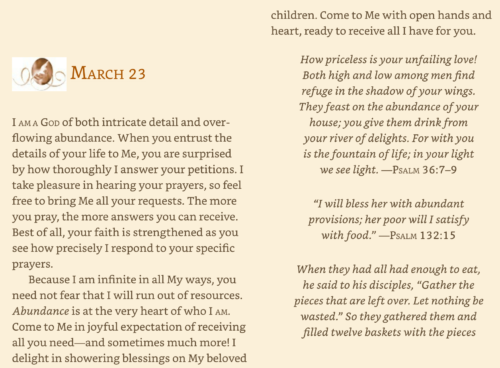Living in Christ
Theologian Ursula King sees Paul as a forerunner of the Christian mystics. Here she summarizes his key mystical themes:
Paul’s great mystical experience on the road to Damascus, which changed him from an enemy into an ardent supporter of the early Christians, made him into one of the strongest witnesses to the power of the spirit of Christ, “in whom we live, move and have our being” [Acts 17:28]. While the Gospels describe Christ’s life, his death and resurrection, the Pauline Epistles bear witness to an intense and deeply transforming faith, rooted both in powerful personal experience and in the community of the early disciples, which later became the Christian Church.
Paul describes himself as “a man in Christ,” affirming a deep union with the Divine which does not negate his own identity but enables him to live within the divine nature itself: “I live, now not I; but Christ lives within me” [Galatians 2:20]. He also sings the praises of active love, of charity, inspired by the fire of divine love and outlines a vision of the cosmic Christ, the Christ who “is all, and is in all” [Colossians 3:11]. [1]
Jesuit scholar Harvey Egan likewise views Paul as a mystic who gave himself fully to the love of God in Christ, and who believed others could do likewise:
From the very depths of his being, Paul experienced and surrendered to the love of God in Christ. For him the Lord was the Spirit (2 Corinthians 3:17). Pauline mysticism is emphatically Christ-directed; “to live,” for Paul, “is Christ” (Philippians 1:21).
Paul considered it almost self-evident that all Christians, because of Christ and his Spirit, had relatively easy access to an experience of God in their lives. Although he spoke of the “mature” in faith (1 Corinthians 2:6) and the “spiritual” (1 Corinthians 2:15), he expected mature faith of all Christians. The Holy Spirit granted all Christians a “surpassing knowledge” (Ephesians 3:19), the “fullness of knowledge” (Ephesians 1:17), and in this way proved to us that we are “[children] of God” (Romans 8:14) who can also call God, “Abba, Father” (Romans 8:15). Christ’s Spirit would pray in us “with sighs too deep for words” (Romans 8:26).
Linked intimately to a loving knowledge of the crucified and risen Christ is a “secret and hidden wisdom of God” (1 Corinthians 2:7), a peace beyond all understanding (Philippians 4:7), and a supreme consolation (2 Corinthians 1:5). Those living in Christ’s Spirit experience a richer way of life (Ephesians 1:8–9) filled with love, joy, peace, self-control, gentleness, patience, and kindness (Galatians 5:22) that enables them to bear each other’s burdens (Galatians 6:2). As Paul said: “What no eye has seen, nor ear heard, nor the [human] heart conceived, what God has prepared for those who love him, God has revealed to us through the Spirit” (1 Corinthians 2:9–10). . . .
Time and again, Paul spoke of being “in Christ.” For him, moreover, “it is no longer I who live, but Christ lives in me” (Galatians 2:20). [2]
